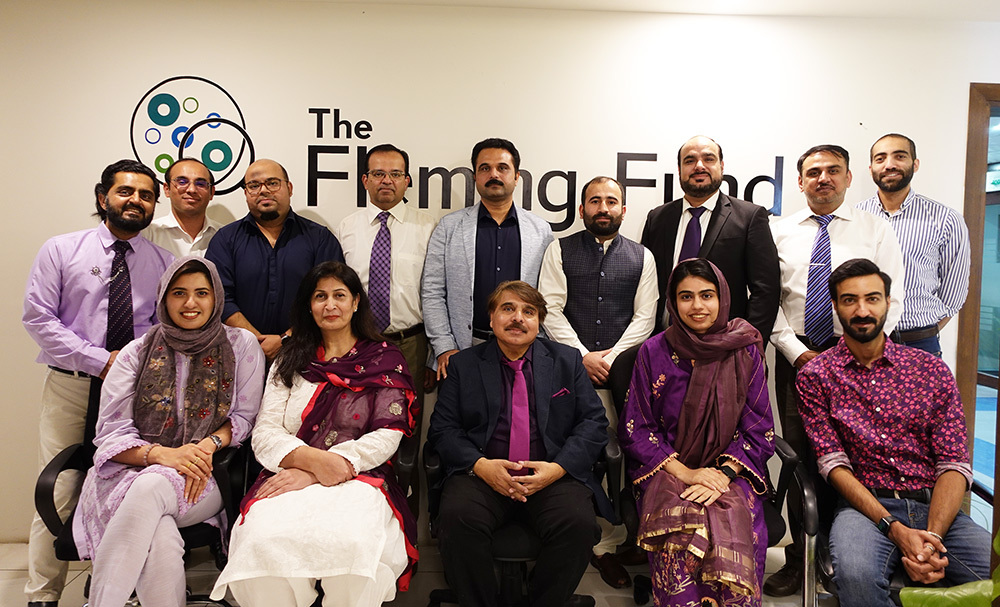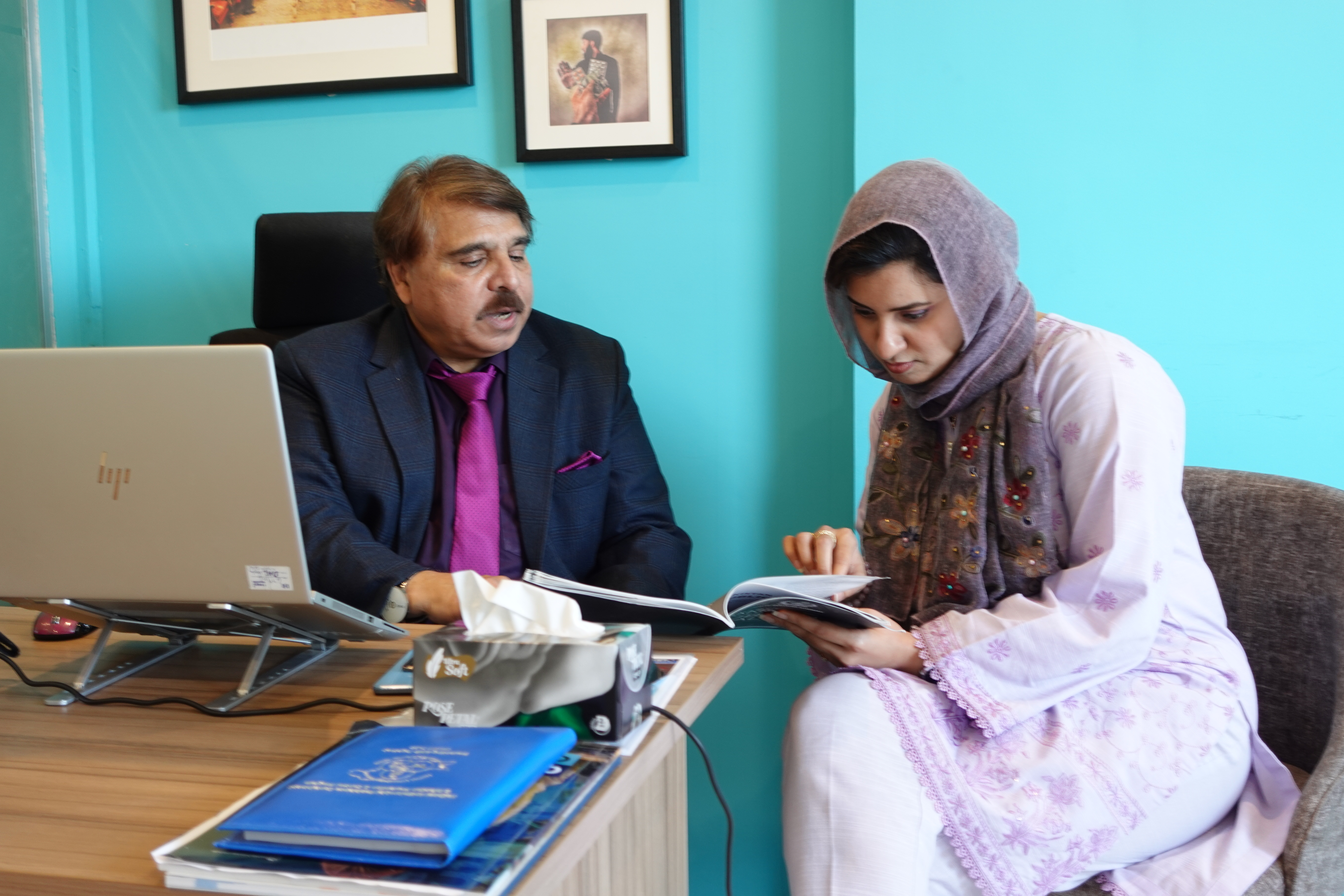AMR Stewardship Prize Winner Spotlight: Pakistan’s Clinical Engagement Program
Antimicrobial resistance (AMR) is a silent killer spreading across the globe at an alarming rate, leaving healthcare systems struggling to keep up. Pakistan is no exception, with limited resources and healthcare infrastructure. But amidst these challenges, the Clinical Engagement Program, funded by the UK Aid’s Fleming Fund, has emerged to help shape the country’s response.
“Over the years, AMR has manifested itself as a major public health threat in almost all countries, including Pakistan. Multi-drug resistant organisms have severely limited our choices of antibiotics for treatment,” said Dr. Qadeer Ahsan, Acting Team Lead for the Clinical Engagement Program in Pakistan. “Being a densely populated country with poor healthcare, the mortality and morbidity rates attributed to infections remain high. Coupled with rising and emerging AMR, these are likely to escalate much further.”
Every year, the AMR Industry Alliance, the leading life-sciences coalition set up to provide sustainable solutions to curb AMR, awards a grant to its annual Stewardship Prize winners. AMR stewardship activities can include collecting and sharing surveillance data with public health or healthcare bodies to improve understanding of resistance trends, developing AMR awareness campaigns, providing continued education for healthcare professionals, and preventing infections by promoting vaccination and reduction of inappropriate use of antibiotics through expanded use of diagnostics.
The Clinical Engagement Program is currently implemented in six public sector hospitals. Together, they have enhanced interaction between the laboratory and all clinical care providers to improve several aspects identified in AMR containment action plans.
For example, lack of essential equipment and supplies, failures in sterilization and disinfection of instruments, inadequate hand hygiene, overcrowding, understaffing, and lack of training regarding infection control practices contribute to resistance within healthcare settings. The Clinical Engagement Program combats this through Diagnostics, Antibiotic Use, and Infection Prevention and Control (IPC). Diagnostic microbiology concentrates on the laboratory analysis of clinical specimens and reports the results of antibiotic susceptibility tests against microorganisms. Antibiotic Use focuses on controlling the irrational use of antibiotics by conducting teaching sessions and seminars for clinicians and nurses. IPC protocols can help prevent hospital-acquired infections.
Additionally, the Fleming Fund and Clinical Engagement Program revived the microbiology lab of a provincial headquarters hospital after seven years of dormancy, helping to promote universal health coverage and reducing expenses for underserved groups.
“We have been working with public sector hospitals across Pakistan to initiate the ‘AMR Stewardship’ signature framework,” said Dr. Ahsan. “We have planned to use the prize money to further support the technical capacities of the healthcare providers in strengthening ‘AMR Stewardship’ in selected public sector hospitals across Pakistan.”
With the AMR Industry Alliance Stewardship Prize funds, the Clinical Engagement Program plans to launch social media marketing campaigns to raise awareness, enhancing clinical engagement through online training of clinicians, pharmacists, and nurses and continuing on-site mentorship in select hospital labs.


